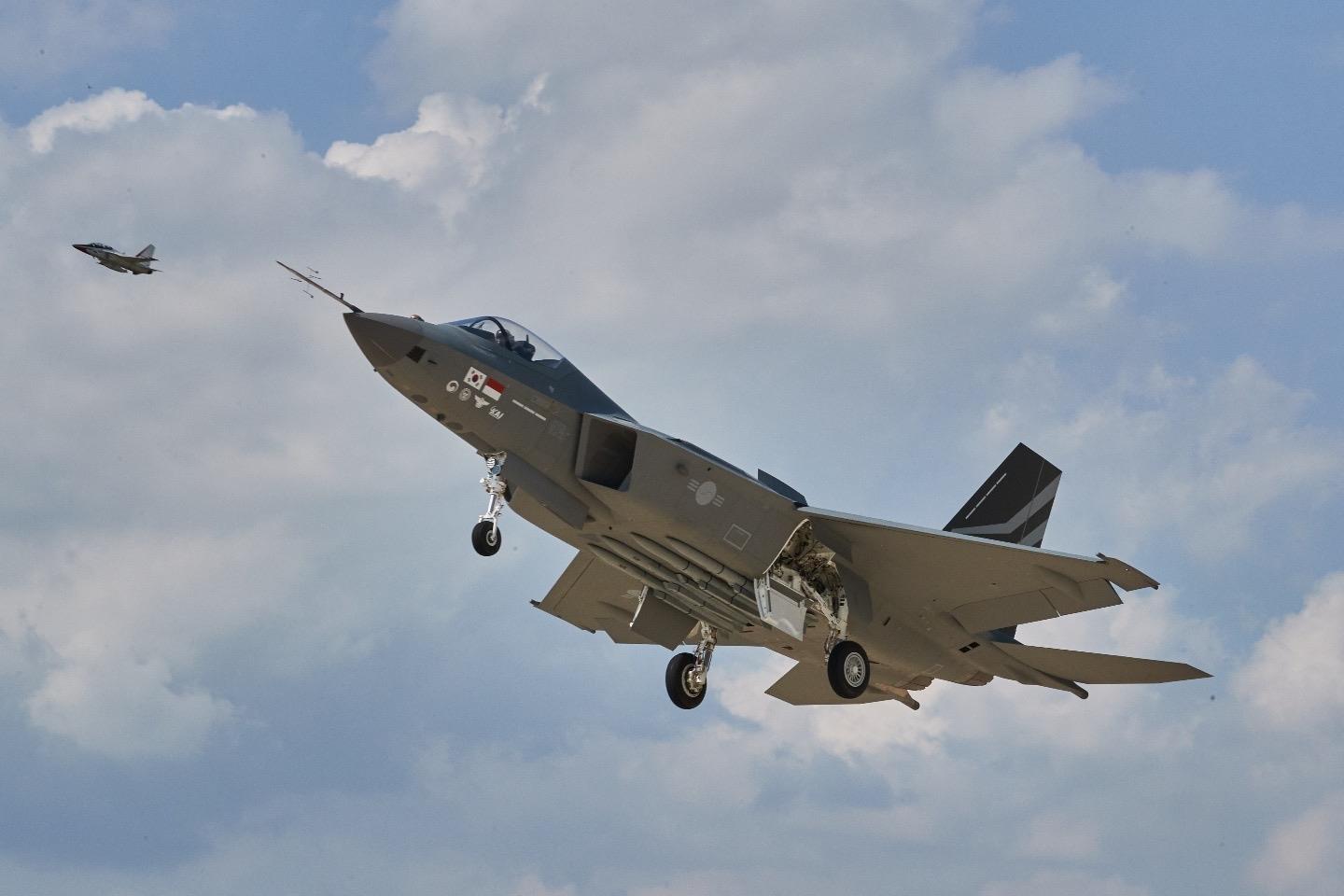During ADEX International Aerospace & Defence Exhibition, held this week in Seoul (Korea), Diehl Defence has signed a Memorandum of Understanding (MoU) with LIG Nex1, a major Korean defence contractor for missile systems and defence products. Since Diehl Defence’s short range air-to-air missile IRIS-T has been selected for the KF-21, Diehl Defence is gradually building up cooperation projects with Korean industry partners. With its expertise as experienced missile company, LIG Nex1 is the perfect match in the country to support the IRIS-T program. The MoU foresees to explore possibilities for cooperation in the IRIS-T program to strengthen Diehl’s position in the Asian market. This ongoing work will provide IRIS-T with an increased performance potential protecting platforms from the threats of today and tomorrow.
The collaboration of Diehl Defence and LIG Nex1 comes as addition to the previous partnerships signed by Diehl Defence with Korea Aerospace Industries, Ltd. (KAI), beginning in 2017 with the start of the integration of IRIS-T into the KF-21 fighter. This was followed by a MoU, signed during ADEX 2021, on the integration of IRIS-T on KAI’s FA-50/T-50 Golden Eagle supersonic advanced jet trainers and light combat aircraft as well. Diehl Defence’s increased cooperation with Korean companies opens a new chapter in the success story of the IRIS-T missile. With growing demands in the Asian market for missile systems, Korean industry partners are becoming more and more involved in the program and will gain benefits from these demands. Beyond opening up new market opportunities for IRIS-T applications, Diehl Defence is also incrementally developing new versions of IRIS-T.

The IRIS-T (InfraRed Imaging System Tail/Thrust Vector-Controlled) is a medium range infrared homing air-to-air missile available in both air-to-air and ground defence surface-to-air variants. n comparison to the AIM-9M Sidewinder, the IRIS-T has higher ECM resistance and flare suppression.[16] Improvements in target discrimination allow for five to eight times longer head-on firing range than the AIM-9M. It can engage targets behind the launching aircraft, made possible by extreme close-in agility, allowing turns of 60 g at a rate of 60°/s via thrust vectoring and LOAL capability. The IRIS-T is able to intercept fast-moving and miniature targets, such as air-to-air/surface-to-air missiles and air-to-surface/surface-to-surface missiles and rockets, UAV/drones, and cruise missiles. To improve the probability of a direct hit, the missile is equipped with an active radar proximity fuze.[
The KAI KF-21 Boramae (formerly known as KF-X) is a South Korean-led fighter aircraft development program with the goal of producing an advanced multirole fighter for the South Korean and Indonesian air forces. The airframe is claimed to be stealthier than any fourth-generation fighter, but does not carry weapons in internal bays like fifth-generation fighters, though internal bays may be introduced later in development. In April 2021, the first prototype was completed and unveiled during a rollout ceremony at the headquarters of KAI at Sacheon Airport.[7] It was officially given the name Boramae (Korean: ???, “young hawk” or “fighting hawk”). The first test flight was conducted on 19 July 2022, with manufacturing scheduled to begin in 2026. At least 40 aircraft are planned to be delivered by 2028, with South Korea expecting to deploy a total of 120 of the aircraft by 2032












